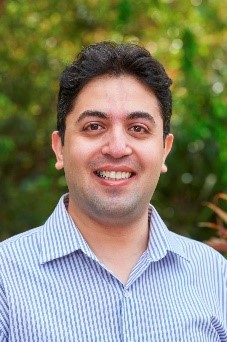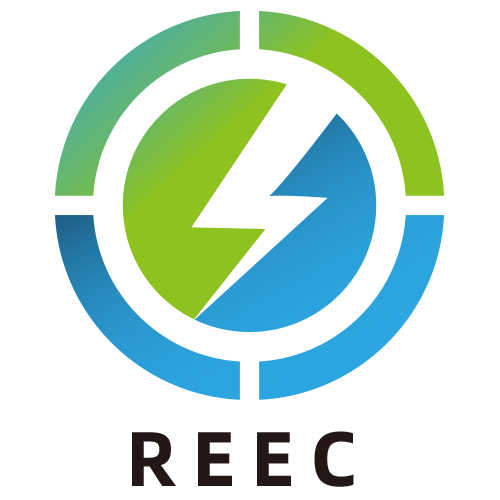
Prof. Yiming Zhang
Fuzhou University, China
A national-level talent (first batch of National Overseas Outstanding Young Scholars), specially appointed “Minjiang Scholar” of Fujian Province, professor at Fuzhou University, doctoral supervisor, vice dean, and deputy director of the Fujian Key Laboratory of New Energy Power Generation and Power Conversion. Senior member of IEEE and a high-level talent of Fujian Province (Category B for overseas talents). Selected as one of Elsevier’s top 2% scientists worldwide. His main research areas include wireless power transfer technology and power electronic power conversion technology. He is the sole author of an English monograph published by Springer. In recent years, he has published over 100 papers in well-known domestic and international academic journals and international conferences, holds 8 invention patents, including 67 first-author or corresponding-author SCI papers and 51 first-author or corresponding-author EI papers, with a total of 4,703 citations and an H-index of 39. He has 8 ESI highly cited papers and 1 ESI hot paper. He has received multiple awards for outstanding conference papers from major domestic and international conferences including ECCE, EVS, EVCP, and CIEEC. He has been Principal Investigator of projects such as the National Natural Science Foundation of China’s Overseas Outstanding Young Scholars Project and Youth Project, Fujian Province Distinguished Young Scholars Project, Fuzhou Science and Technology Bureau’s Foreign Science and Technology Cooperation Project, Ministry of Education Industry-University Cooperation Collaborative Education Project, and university-industry cooperation projects.

Prof. Farhad Shahnia
Murdoch University, Australia
Professor Farhad Shahnia received his PhD in Electrical Engineering from Queensland University of Technology (QUT), Brisbane, in 2012. He is currently an A/Professor at Murdoch University. Before that, he was a Lecturer at Curtin University (2012-15), a research scholar at QUT (2008-11), and an R&D engineer at the Eastern Azarbayjan Electric Power Distribution Company, Iran (2005-08). He is currently a Fellow member of Engineers Australia, Senior Member of IEEE, and member of the Australasian Association for Engineering Education.
Farhad's research falls under Distribution networks, Microgrid and Smart grid concepts. He has authored one book and 11 book chapters and 250+ peer-reviewed scholarly articles in international conferences and journals, as well as being an editor of 6 books.
Farhad has won 5 Best Paper Awards in various conferences and has also received the IET Premium Award for the Best Paper published in the IET Generation, Transmission & Distribution journal in 2015. One of his articles was listed under the top-25 most cited articles in the Electric Power System Research Journal in 2015 while one of his 2015 journal articles has been listed under the top-5 most read articles of the Australian Journal of Electrical and Electronics Engineering. He was the recipient of the Postgraduate Research Supervisor Award from Curtin University in 2015 and the Australia-China Young Scientist Exchange Award from the Australian Academy of Technology and Engineering in 2016.
Farhad is currently a Subject Editor, Deputy Subject Editor, and Associate Editor of several journals including IEEE Access, IET Generation, Transmission & Distribution, IET Renewable Power Generation, IET Smart Grid, IET Energy Conversion and Economics, and International Transaction on Electrical Energy Systems and has served 40+ conferences in various roles such as General, Technical, Program, Publication, Publicity, Award, Sponsorship, and Special Session Chairs.
Farhad has led the IEEE Western Australia Section as the 2020-2021 Chair, and was the 2019 Founding Chair of the IEEE Western Australia Industrial Electronics Society (IES) Chapter. He was the 2023 Vice-chair of the IES's Technical Committees on Smart Grids.
